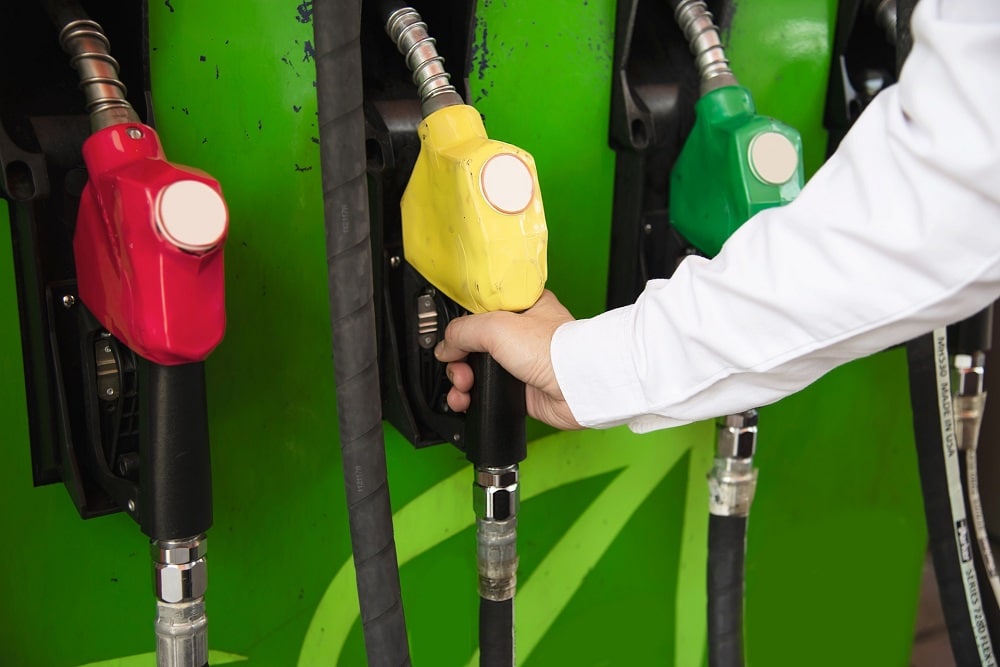Managing fleet fuel costs is a critical aspect of optimizing operational efficiency and reducing expenses for vehicle rental businesses. By implementing effective fuel-management strategies, businesses can not only control their fuel expenditure but also contribute to environmental sustainability. In this blog post, we will explore some key tactics to manage fleet fuel costs.
- Efficient Route Planning
One of the most impactful ways to reduce fuel costs is through efficient route planning. By optimizing routes, businesses can minimize unnecessary mileage, reduce idle time and avoid traffic congestion. GPS and fleet management software play a crucial role in this process. These technologies enable businesses to identify the most efficient routes based on real-time traffic data, thereby reducing fuel consumption and improving overall fleet productivity. To achieve optimal route planning, consider factors such as traffic patterns, time of day and potential detours.
- Telematics for Improving Vehicle Maintenance
Telematics systems offer valuable insights into fleet operations and fuel management. These advanced technologies enable businesses to track fuel consumption, monitor engine performance and identify maintenance needs in real-time. By analyzing the data provided by telematics systems, businesses can identify potential issues that impact fuel efficiency, such as excessive idling or inefficient routing. Regular vehicle maintenance, including oil changes, filter replacements and tire rotations, is vital for optimizing fuel efficiency. Well-maintained vehicles consume less fuel, reducing costs and enhancing overall fleet performance.
To learn how RENTALL supports auto rental companies of all sizes, read this.
- Fuel-Efficient Driving Techniques
Driver behavior significantly influences fuel consumption. Encouraging fuel-efficient driving techniques in your fleet can lead to substantial cost savings. A study by the Environmental Defense Fund found that aggressive driving behaviors such as rapid acceleration and excessive speeding can increase fuel consumption by up to 40%. So start by educating drivers on practices such as reducing idling time, avoiding sudden acceleration and harsh braking and maintaining proper tire pressure. By adopting a smoother driving style and maintaining consistent speeds, drivers can enhance fuel efficiency and extend the lifespan of vehicles. Regular training sessions and performance monitoring can help reinforce these fuel-saving habits and create a culture of efficiency within the fleet.
- Alternative Fuels and Technologies
Incorporating alternative fuels and technologies in your fleet can lead to significant long-term fuel savings. Electric, hybrid and biodiesel vehicles offer sustainable options that reduce dependency on traditional fossil fuels. While alternative fuels may require upfront investment, they can yield substantial cost savings in the long run, especially for fleets with consistent routes or operating in urban areas. Evaluate the feasibility of alternative fuels based on factors like infrastructure availability, cost and environmental impact to determine if they align with your fleet’s needs and goals.
Wrapping Up
Effectively managing fleet fuel costs requires a multi-faceted approach that combines efficient route planning, promoting fuel-efficient driving techniques, utilizing telematics, exploring alternative fuels and analyzing fuel consumption data. By implementing these practices, businesses can significantly reduce fuel expenditure, enhance operational efficiency and contribute to a greener environment.
About RENTALL
RENTALL is the broadest, most adaptable and continuously evolving rental platform on the market. No matter your company size, location or business goals, RENTALL delivers improved operations, smart reports, increased bookings and happy customers, all through an easy-to-use interface. Explore our solutions here, or connect with us at +1 888 628 6827 or info@rentallsoftware.com for a consultation.






























